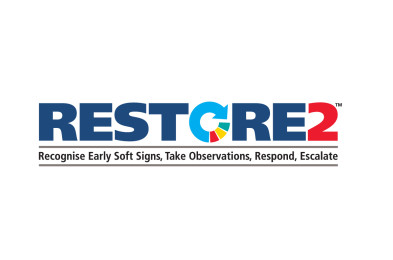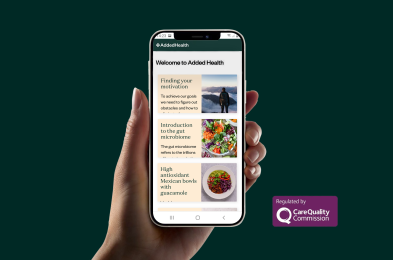Abtrace: Decision Support With Machine Learning
Many healthcare decisions require interpretation of data contained within free text, in addition to observations and blood results. Uniquely, we use natural language processing (NLP) to extract information from free text in electronic notes (clerkings, referral letters, and imaging reports). This approach can help build machine learning-based decision support tools for:
- Time-sensitive decisions such as early A&E patient streaming/triaging (admission/ambulatory care)
- Early and appropriate management of time-sensitive conditions eg.sepsis
- Enhanced service audits and quality improvement projects
- Automated triage and sorting for primary care referrals to specialist clinics
About
Our project is to work with clinical partners who are interested in co-developing an automated decision-support tool to help them address one of their key clinical and workflow challenges.
We will train our algorithm using the relevant labelled dataset to identify patterns of association between clinical variables and the outcomes of interest. The algorithm can then apply such rules to predict the outcome of interest in new/unseen data. It lists the most important clinical variables contributing to the recommendation, thus ensuring interpretability.
For example, we developed a preliminary proof of concept addressing the questions of starting antibiotics and of appropriate antibiotics selection. The algorithm was trained on tens of thousands of intensive care patient records made available by the Massachusetts Institute of Technology (MIMIC database) and the Beth Israel Deaconess Medical Center. The Receiver Operating Curve (ROC) area under the curve (AUC) on the decision to start antibiotics had a value of approximately 0.8 (1 is perfect matching, 0.5 is chance matching), matching state-of-the-art performance (Topol, 2019). Our internal clinical validation demonstrated that the algorithm was able to call the need and choice of antibiotics with a performance equivalent to a clinician with three to five years' postgraduate clinical experience. A prototype demonstration of the CDSS is available on request.



